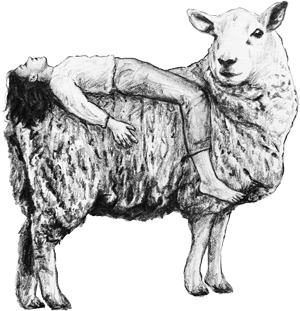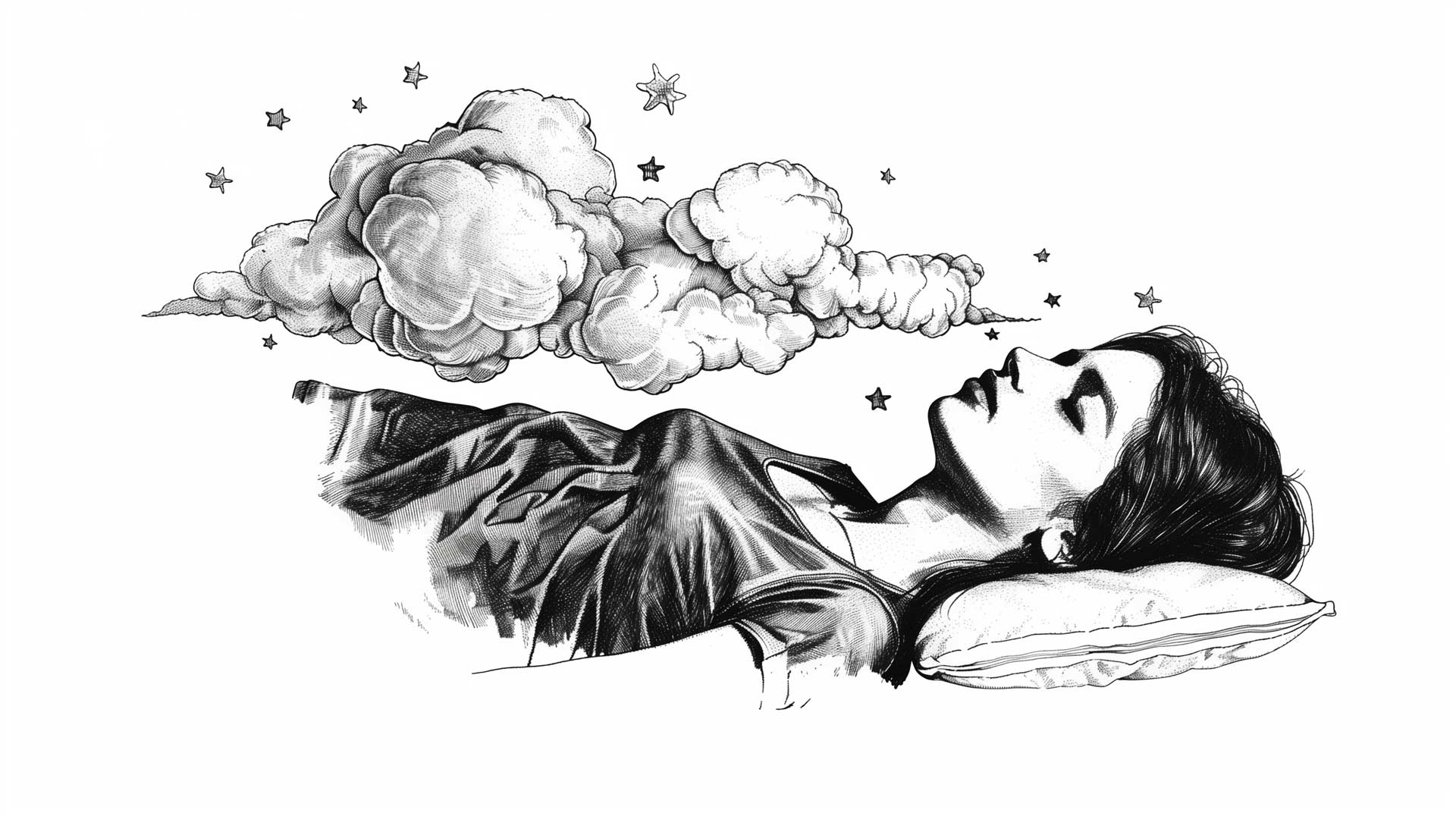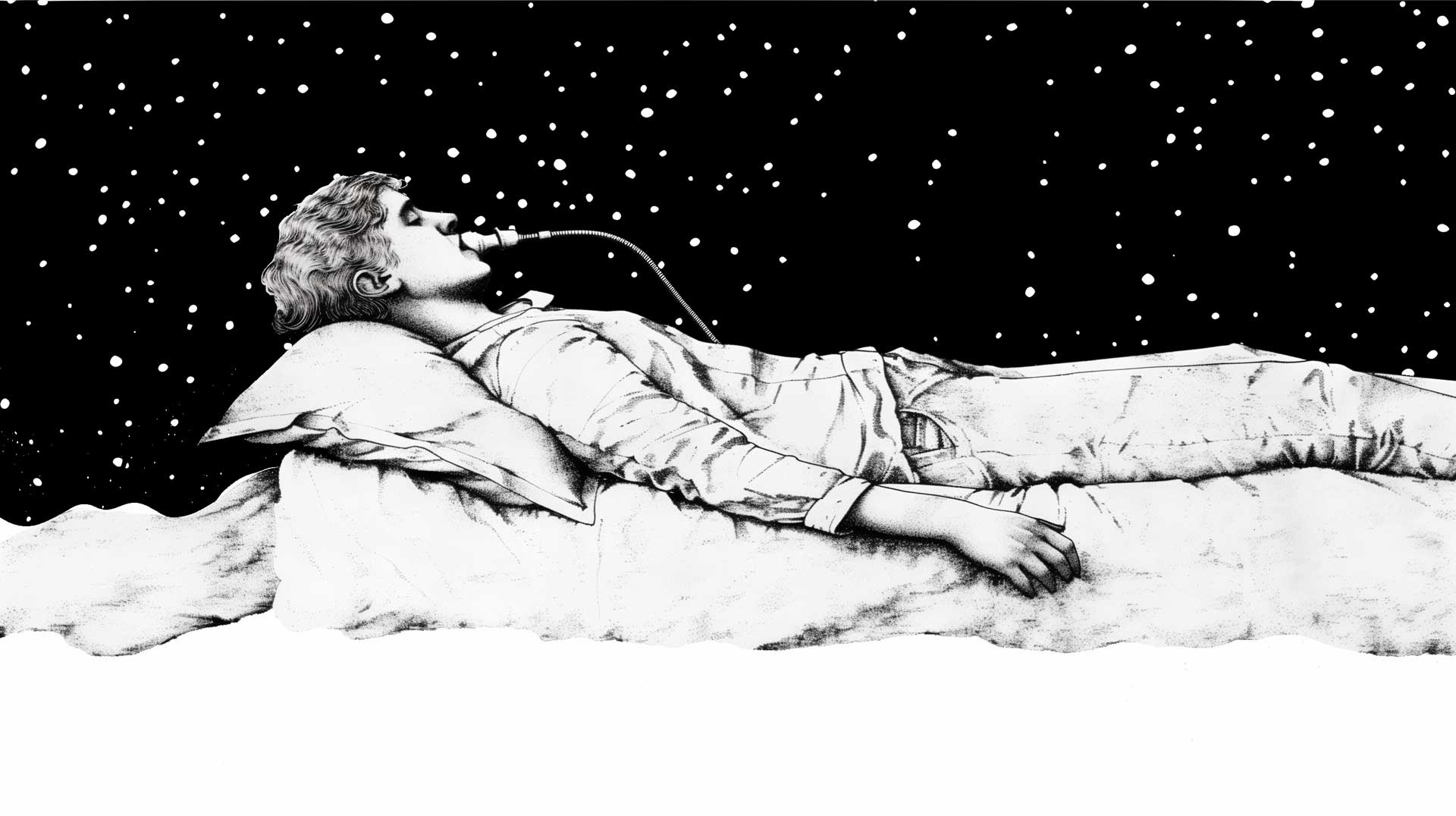Waking up at 3 AM and struggling to get back to sleep happens to more people than you might think.
It can leave you feeling sleepy and cranky the next day, impacting your work, mood, and overall health. Understanding why this happens is important because it can help you find solutions and get the restful sleep you need.
This blog post is for anyone who finds themselves awake in the middle of the night, wondering why they have trouble sleeping. Whether you’re dealing with stress, have an overactive mind, or just can’t figure out what’s waking you up. We’ll explore the common reasons and offer practical tips to help you get back to sleep and wake up refreshed.
In this article, we will cover:
- Top Reasons why you’re waking up at 3am.
- Practical Tips what you can do to prevent waking up in the middle of the night.
We have also written an article on falling back asleep, here we share practical tips which will help you fall asleep fast.
Why Am I Waking Up at 3 AM?
Waking up at this specific time is rarely coincidental, and understanding the underlying causes can help address the issue. Here are eight of the most common reasons you might find yourself wide awake at 3 AM:
- Stress and Anxiety
- Explanation: Stress and anxiety can significantly impact your sleep. When you’re stressed, your body produces higher levels of cortisol, a stress hormone that can keep you awake. Anxiety can also trigger racing thoughts or a feeling of restlessness, which can interrupt sleep and cause you to wake up during the night.
- Sleep Disorders
- Explanation: Disorders like insomnia, sleep apnea, restless legs syndrome, and narcolepsy are major contributors to disrupted sleep. For instance, sleep apnea causes pauses in breathing that can wake you up. While restless legs syndrome involves uncomfortable sensations in the legs that can also lead to awakenings.
- Noisy Environment
- Explanation: Noise is a significant disruptor of sleep. Loud sounds, whether from traffic, airplanes, or even from inside the house like other family members can easily wake you up.
- Temperature Fluctuations
- Explanation: The temperature of your sleeping environment plays a crucial role in sleep quality. If a room is too hot or too cold, it can prevent you from falling asleep or cause you to wake up. Ideal sleeping temperatures are typically around 65 degrees Fahrenheit (18 degrees Celsius).
- Hormonal Changes
- Explanation: Hormonal imbalances due to events like pregnancy, menopause or thyroid problems can disrupt normal sleep patterns. For example, hot flashes and night sweats during menopause can wake someone frequently during the night.
- Poor Sleep Hygiene
- Explanation: Poor sleep hygiene includes habits that are not supporting to good sleep. Such as irregular sleep schedules, engaging in stimulating activities before bed, or using electronic devices that emit blue light. These habits can interfere with your circadian rhythm and the quality of your sleep.
- Medications
- Explanation: Certain medications can have side effects that disrupt sleep. For example, some antidepressants and blood pressure medications can cause insomnia or frequent awakenings during the night.
- Physical Discomfort
- Explanation: Physical discomfort from back pain, arthritis, or injuries can make it difficult to stay asleep. The pain can increase during the night due to long periods of inactivity or an uncomfortable mattress. This can lead to frequent awakenings.
What Can I Do to Prevent Waking Up at 3 AM?
Here are five popular strategies to help prevent waking up in the middle of the night. Each detailed to help you understand their benefits and how to implement them effectively:
- Optimize Your Sleep Environment
- Making your bedroom conducive to sleep can greatly enhance your sleep quality. Use blackout curtains to block external light and consider a white noise machine to mask disruptive sounds. Invest in a high-quality mattress and pillows that support your preferred sleeping position. Ensuring your room is cool, dark, and quiet can transform your sleep experience by creating this ideal environment.
- Limit Caffeine and Alcohol Consumption
- Both caffeine and alcohol are known to disrupt sleep patterns. Caffeine can remain active in your system for up to eight hours, so avoid coffee, tea, or other caffeinated beverages in the late afternoon and evening. While alcohol may seem to help you relax initially, it can lead to fragmented sleep patterns and cause you to wake up several hours after falling asleep as its effects wear off.
- Implement a Screen-Free Wind-Down Routine
- The blue light emitted from screens can interfere with the production of melatonin, the hormone that regulates sleep-wake cycles. To promote better sleep, turn off electronic devices at least an hour before bedtime. Instead, engage in calming activities such as reading a book, listening to soothing music, or practicing a relaxation technique like meditation to prepare your body and mind for sleep.
- Avoid Heavy Meals Before Bed
- Eating large or heavy meals close to bedtime can lead to discomfort and indigestion, which can keep you awake at night. Try to finish eating at least three hours before you go to sleep. Opt for a light snack if you’re hungry later in the evening, focusing on foods that promote sleep, such as a small bowl of whole-grain cereal with milk or a banana.
- Manage Stress and Anxiety
- Stress and anxiety are significant contributors to disrupted sleep. Incorporate stress-reducing practices into your daily routine, such as yoga, deep breathing exercises, or regular physical activity, which can improve your sleep quality. Consider mindfulness techniques or guided imagery in the evening to calm the mind and ease anxiety before bedtime, setting the stage for a peaceful night’s sleep.
Conclusion
Waking up at 3 AM can be a real drag, but understanding why it happens is the first step to fixing it. Whether it’s stress, noise, or poor sleep habits, identifying the cause helps you take the right actions. By tweaking your sleep environment, managing stress, and adopting better habits, you can reduce those middle-of-the-night wake-ups and get the restful sleep you need. Remember, small changes can lead to big improvements in your sleep quality. Here’s to better nights and brighter mornings!



